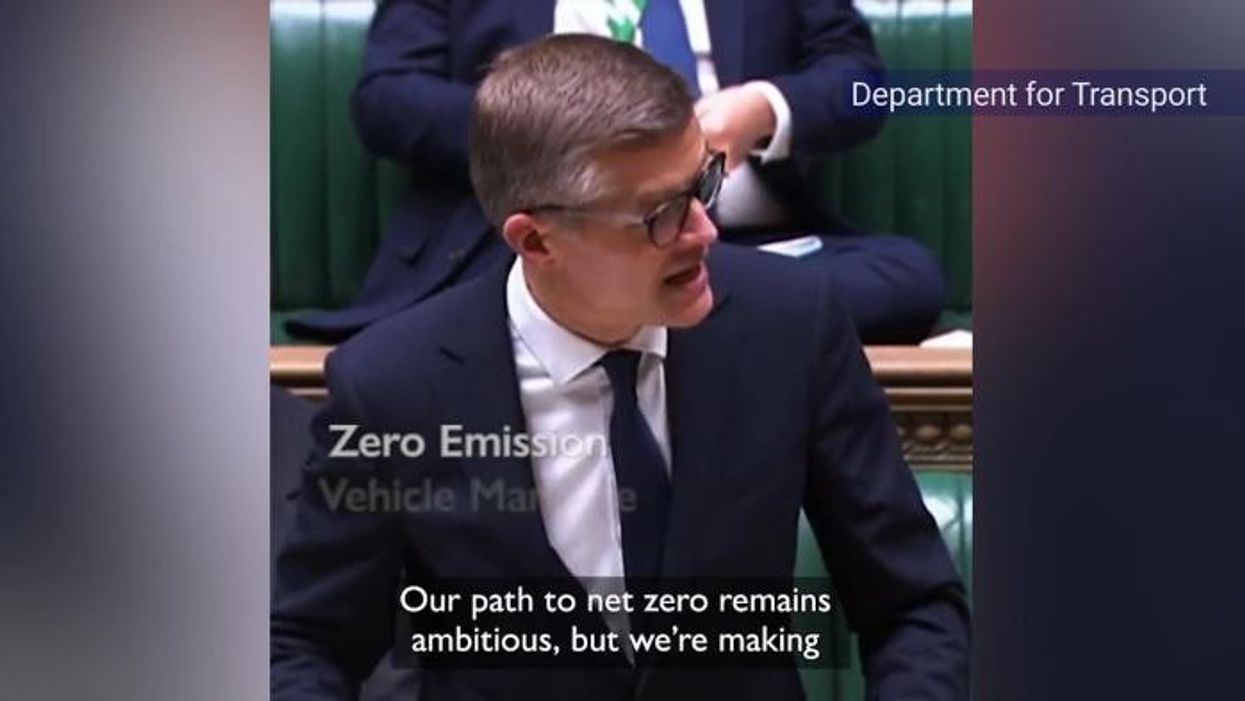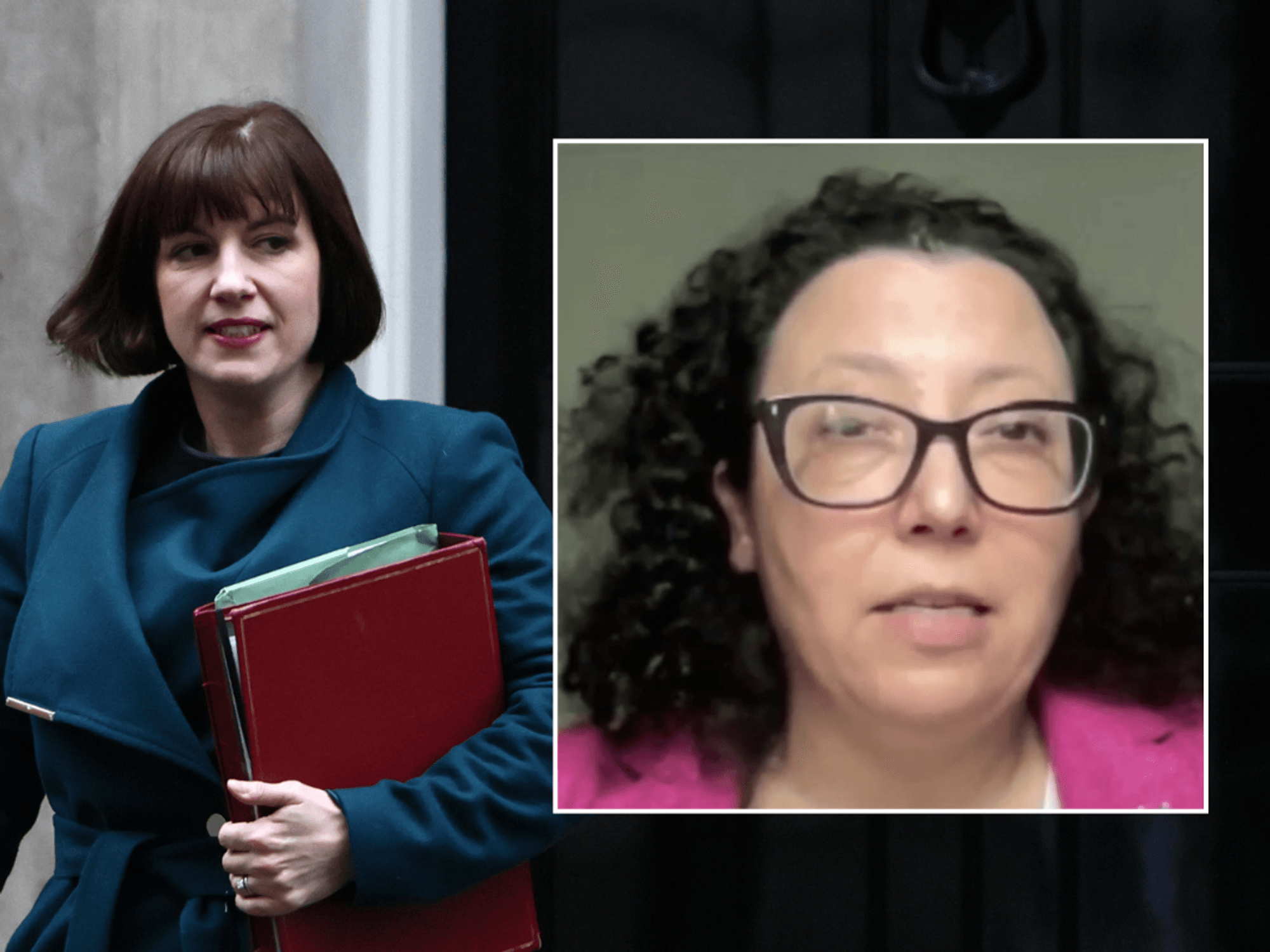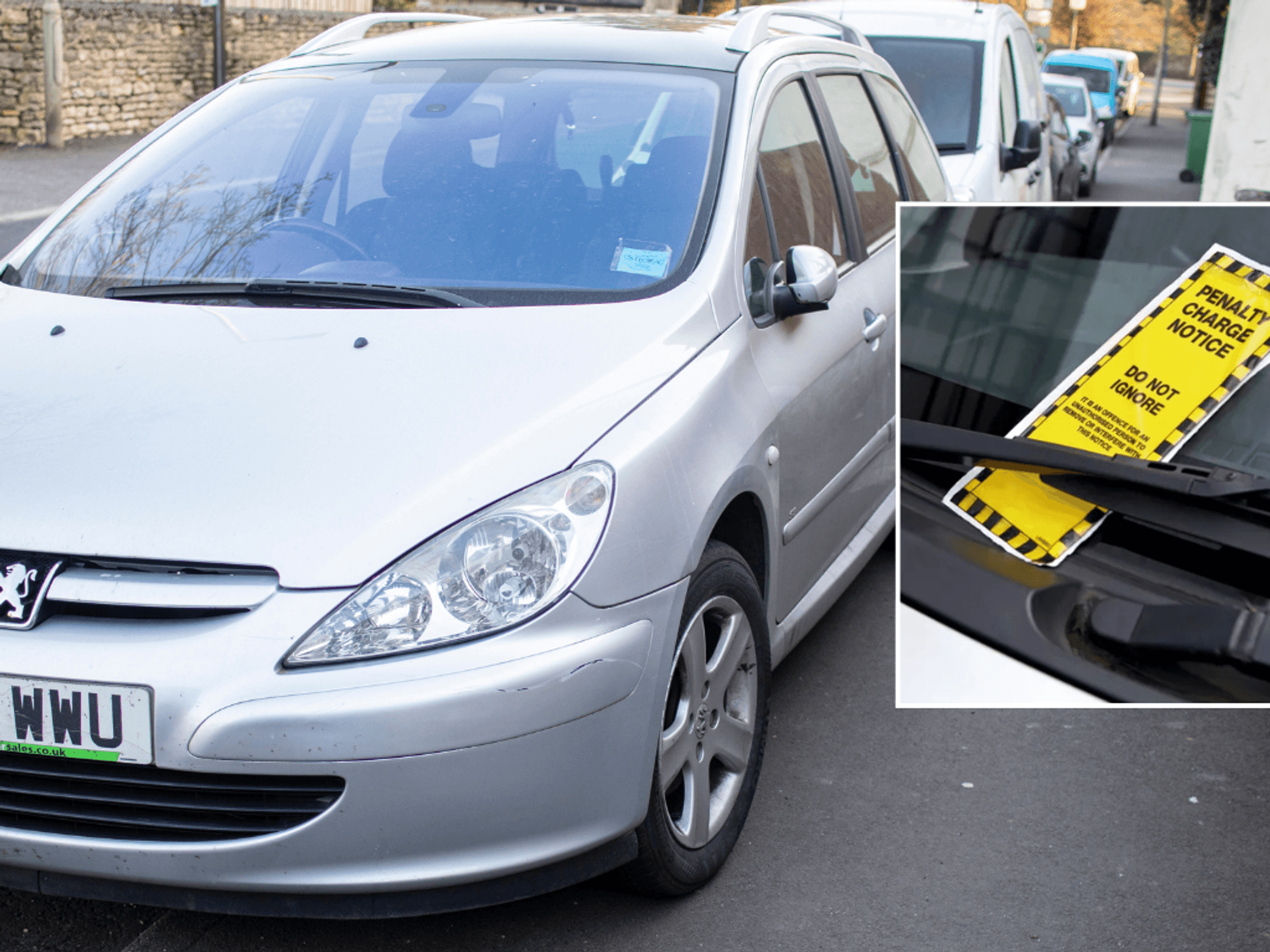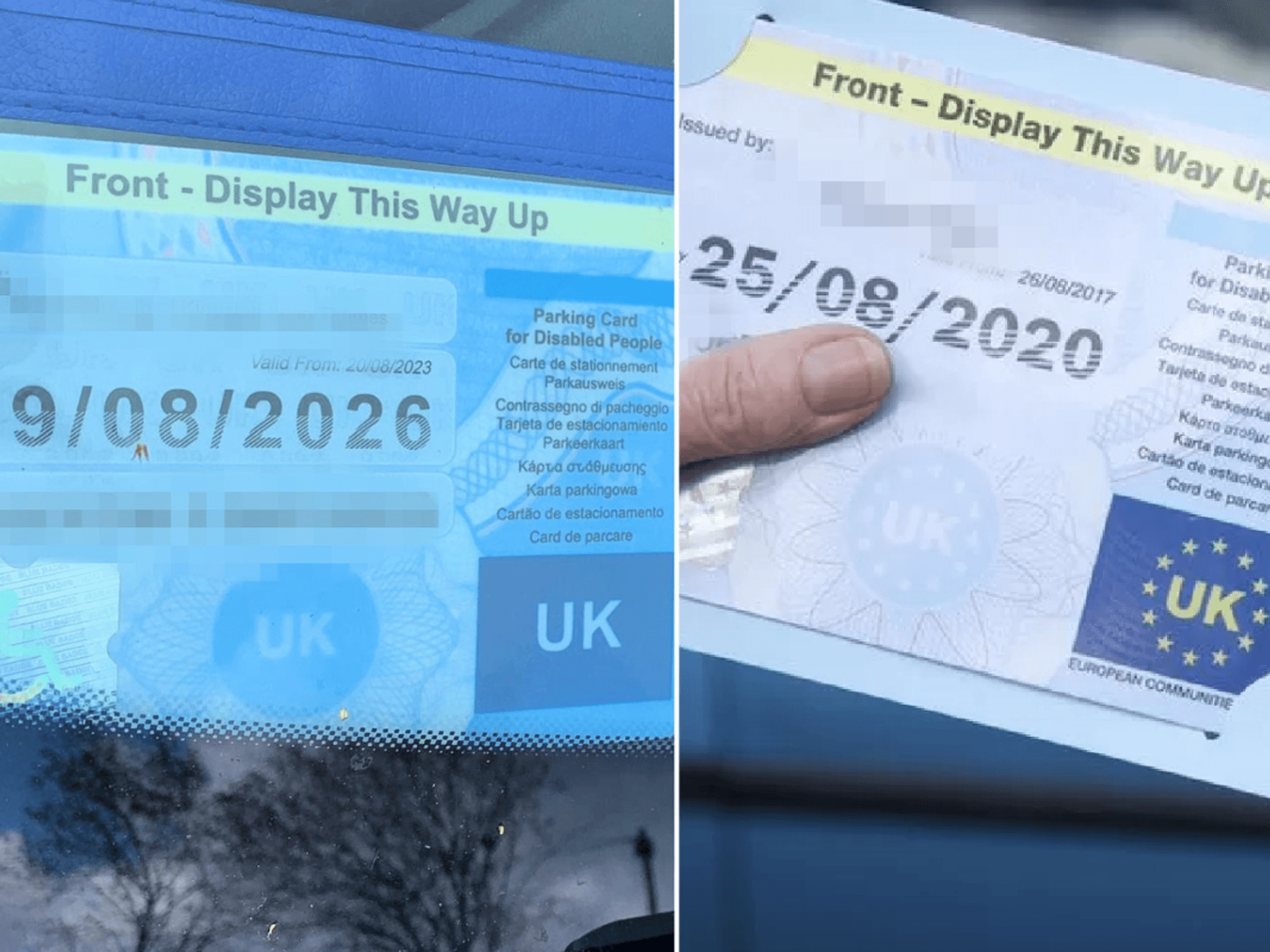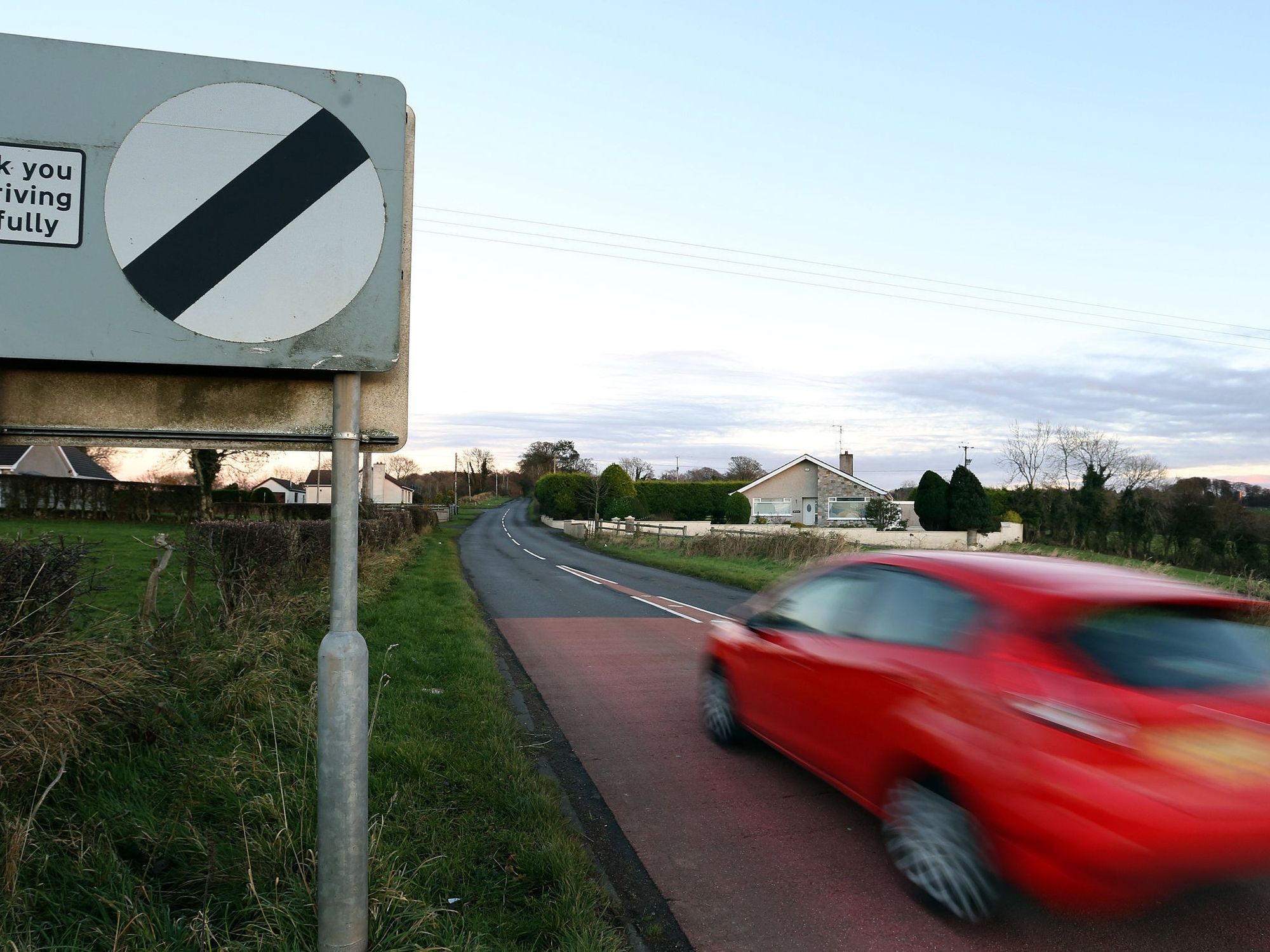DVLA unveils new rules for drivers needing to report medical conditions when renewing licence

Motorists are required to tell the DVLA if they have a 'notifiable' medical condition
Don't Miss
Most Read
A number of changes have been introduced impacting how drivers report their medical conditions and whether they are safe to remain behind the wheel.
** NINE WAYS HMRC IS TAKING MORE OF YOUR MONEY **
The Driver and Vehicle Licensing Agency (DVLA) has unveiled new changes for drivers to inform the organisation about any medical conditions they may have.
Motorists are required to tell the DVLA if they have a “notifiable” medical condition or disability or if they have a condition or disability that has worsened since they got their licence.
This can include common ailments such as sleep apnoea, epilepsy, glaucoma, and if someone has diabetes or is taking insulin.
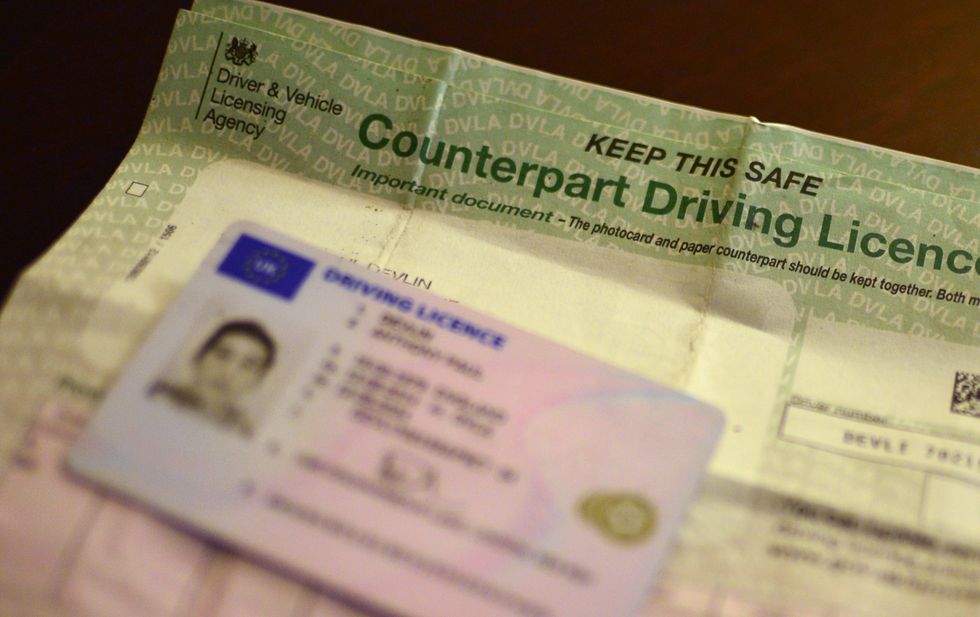
Drivers could be hit with a £1,000 fine for not reporting their medical conditions
|GETTY
Drivers could be fined up to £1,000 if they do not tell the DVLA about a condition that may affect their ability to drive safely.
They could also be prosecuted if their medical condition causes them to be involved in an accident.
Elderly drivers who renew their licence at 70 or older must also tell the DVLA about notifiable conditions.
A new document – BT1 – has been released by the DVLA to apply to those with a brain tumour, medulloblastoma, meningioma or a pituitary tumour.
The new guidance also removed the option for medical professionals to use the telephone or fax to contact the Drivers Medical Department as these channels are no longer available.
The DVLA has also introduced a new standalone section for “high risk offenders” in the drug or alcohol misuse or dependence guidance.
While there is no definition for this, the DVLA states: “A state that causes, because of consumption of alcohol, disturbance of behaviour, related disease or other consequences likely to cause the patient, their family or society present or future harm and that may or may not be associated with dependence.”
Further minor amendments were made to the “alcohol-related seizure” section and “drug misuse or dependence” section.
Drivers with diabetes, who are required to inform the DVLA about their condition, are also being urged to check the new guidance.
A number of changes were made to more accurately reflect the exact requirements for glucose monitoring, updated requirements for those with pancreas transplants, among others.
Minor tweaks were also rolled out to the “behavioural disturbances” title to remove “dissociative seizures” within the psychiatric disorders section.
Other changes include significant changes with the “AIDS” section of the GOV.UK website.
This will include modernised language to describe the condition and to “update required medical standards to be more reflective of the likely low impacts upon safe driving”.
Following a recent law change, the word “consent” has been removed with the DVLA now referring to this as “authorisation”.
LATEST DEVELOPMENTS:
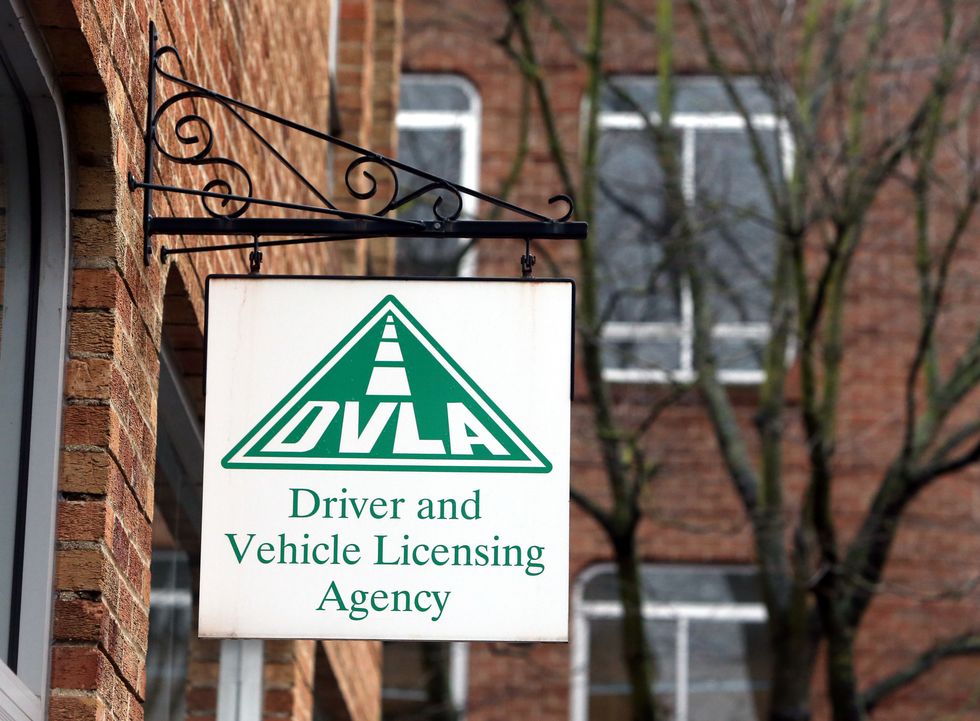
The DVLA unveiled the new guidance for medical conditions today
|PA
The DVLA has also changed how it assesses fitness to drive for people with cardiovascular disorders and neurological disorders.


